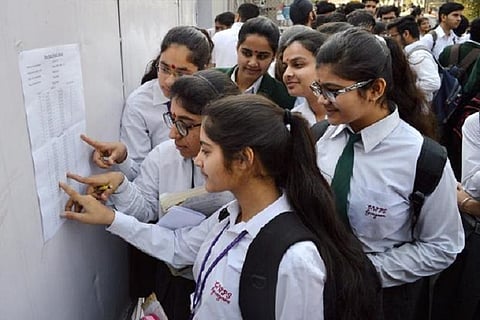

The results of the Joint Entrance Examination (Advanced) – the final examination that aspirants must clear in order to apply to the IITs – was announced on June 10. A total of 18,138 students qualified this year, a sharp drop from 2017, and the lowest in seven years. In 2017, 50,455 students qualified the JEE Advanced.
IIT-Kanpur, which conducted the test, attributed the drop in the number of qualifiers to an error-free question paper, as no bonus marks were given for questions with errors.
“Not a single question was dropped this year from the exam, which means after several years, no bonus marks were awarded to candidates. This is the main reason why the number of students qualifying the exam is controlled at 18,138 this year,” a senior official of the JEE Advanced organising chairperson’s office told Hindustan Times.
Despite the drop in the number of students who qualified, the number is still 1.6 times more than the number of seats available in the 23 IIT's across the country. Questions were raised about whether the seats would be filled, as the number of students who qualified earlier used to be at least double the seats available.
"Last year, though 51,000 candidates made the cut, the last rank at which a seat was allotted was less than 14,000. So, with over 18,000 candidates, filling up seats should not be a problem even this year,” Chairman of JEE-Advanced at IIT-Delhi Professor Aditya Mittal told Indian Express.
The topper this year was Panchkula resident Pranav Goyal, who scored 337/360.
Here are the other highlights:
Students can check their result by logging on to the website.
For JEE mains, a total of 11,35,084 candidates registered, out of whom a total of 2,31,024 qualified for the JEE (Advanced).a